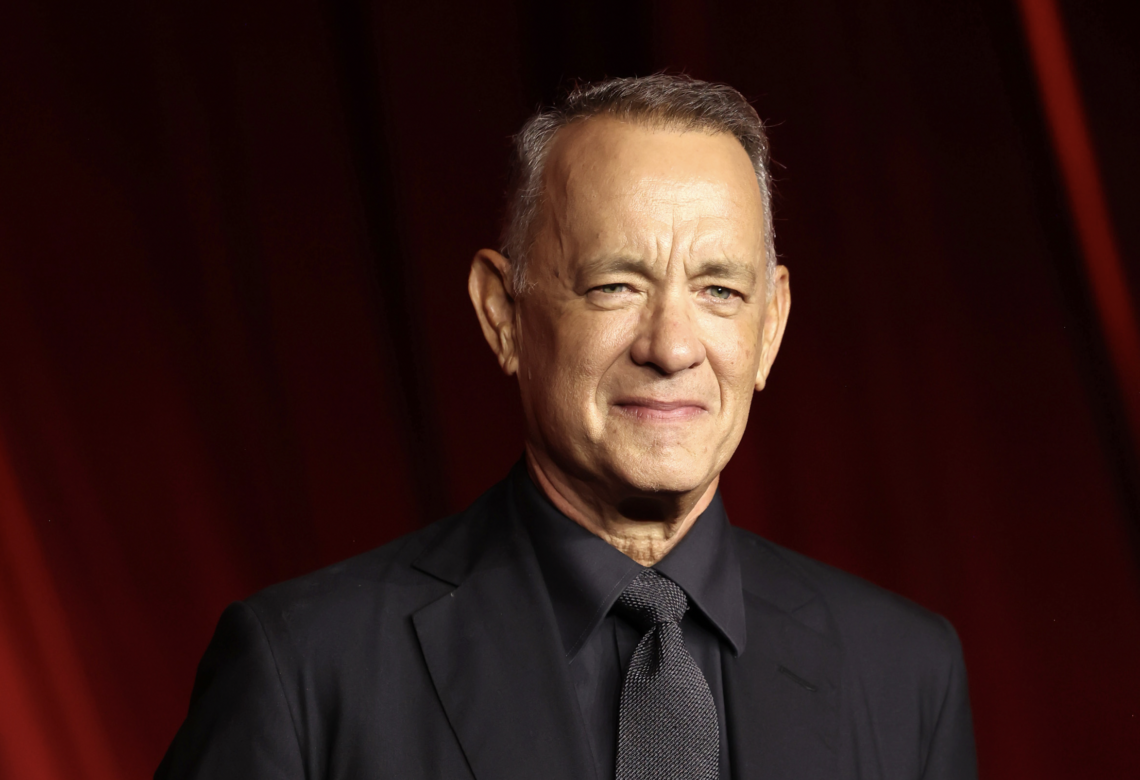Tom Hanks discusses the evolution of superhero movies
Tom Hanks, a beloved figure in the film industry, recently shared his thoughts on the ever-evolving landscape of superhero cinema during an engaging discussion on the “Happy Sad Confused” podcast. Despite never meeting with Kevin Feige to join the Marvel Cinematic Universe or breaking bread with James Gunn to discuss the new DC Universe, Hanks harbors no ill feelings toward comic book adaptations. However, he has noticed a significant shift in audience preferences.
A nostalgia for earlier attempts
Reflecting on the attempts to bring superheroes to the small screen in the 1970s and 1980s, Hanks pointed out the glaring technological limitations of that era. The TV versions of Captain America, Spider-Man, and Batman struggled to capture the magic of their comic book counterparts due to the lack of advanced visual effects. Hanks reminisced, “Even Batman, the Adam West one—the technology did not exist to make it look like it did in the comic books, and now it does. You can do anything at all.”
He went on to praise Christopher Reeve’s Superman as the pioneering superhero film that benefited from cutting-edge technology, allowing audiences finally to believe that a man could fly.
Today’s limitless possibilities
Fast forward to the present day, and the advancements in visual effects have removed nearly all barriers to what can be depicted on screen. ”We are now enjoying the luxury of riches, and because you can make anything happen on screen now, we are being brought back to the concept of, ‘Okay, that’s true, but what is the story?'” Hanks emphasized. He illustrated his point with the whimsical example of creating a three-headed dragon from Lake Michigan’s cuckoo clocks—a spectacle made possible but devoid of purpose without a compelling narrative.
The need for genuine storytelling
Hanks passionately argued that while visual effects have allowed filmmakers to create dazzling spectacles, the core of any great movie is its story. He expressed a sentiment shared by many, noting that superhero films of the past two decades have explored characters reflecting our better selves. Viewers saw parallels in their own experiences when watching the X-Men, Spider-Man, Batman, and Captain America. They resonated with the themes of confusion, anger, patriotism, and the quest for justice.
“We’ve been down that road. We’ve had 20 years to explore that kind of thing, and now we’re in an evolution and place where it’s asking, ‘And the story is what? The theme is what? The point of this movie is what?'” Hanks explained.
Shifting tides at the box office
Recent performances at the box office indicate that Hanks’s observations may be reflective of broader audience sentiments. Blockbusters such as “Shazam: Fury of the Gods,” “The Flash,” “Ant-Man and the Wasp: Quantumania,” and “The Marvels” have underperformed. Even Venom: The Last Dance saw the lowest numbers in its trilogy. These trends signal that moviegoers may be growing weary of repetitive visual effects-laden narratives without substantive stories.
Despite these challenges, some films continue to captivate audiences. Hanks cited “Deadpool & Wolverine,” which made history as the highest-grossing R-rated film, earning $1.3 billion globally. This success suggests that while spectacle still has its appeal, it must be paired with engaging storytelling to truly resonate.
A new era of cinematic storytelling
Hanks concluded with a thought-provoking insight: “The industry often says if this works, it will work again. But the audience is way ahead of it. They see the familiar and say, ‘I’ve seen that already. What’s next?’ and it’s not just eye-popping stuff. It’s what’s the story? Tell me about myself. We’re in new territory about that every year, it seems.”
His reflections call upon filmmakers to innovate beyond visual effects and bring forth stories that resonate with deeper human experiences and emotions.
For more insights from Tom Hanks, check out his full appearance on the “Happy Sad Confused” podcast. Share this article on social media and follow our platform for more updates on the latest trends in the world of cinema and storytelling.

 Italian
Italian







